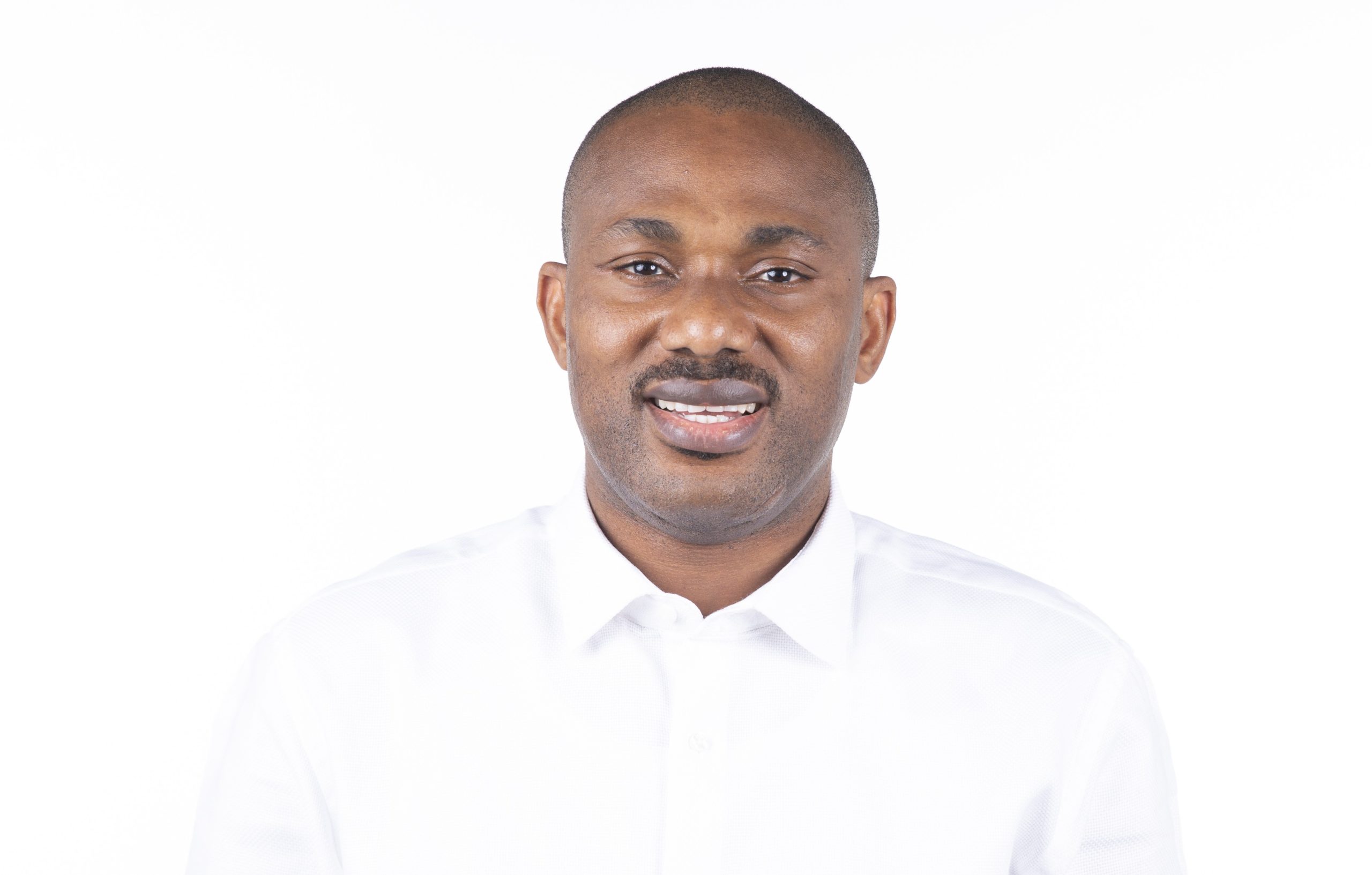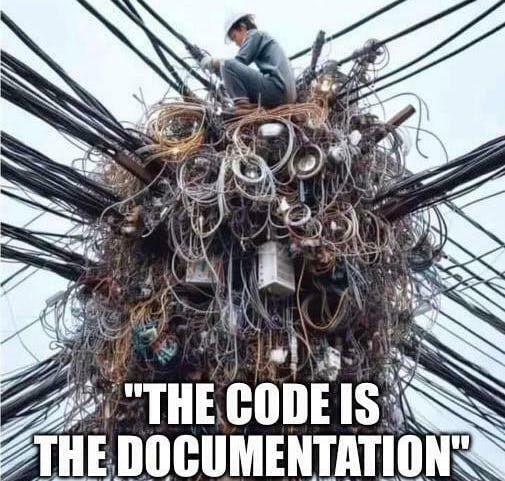Every Thursday, Delve Into AI will provide nuanced insights on how the continent’s AI trajectory is shaping up. In this column, we examine how AI influences culture, policy, businesses, and vice versa. Read to get smarter about the people, projects, and questions shaping Africa’s AI future. Let us know your thoughts on the column through this form.
When Dr. Olubayo Adekanmbi talks about the future of artificial intelligence in Africa, he is quick to emphasise rigour over hype. For him, building AI for Africa requires originality and intellectual grounding.
“If you want to do high-impact AI, you definitely need to combine the best of academic depth and world-class industry practice to build practically relevant solutions,” he says. “Every great thing we have seen in AI is an outcome of advanced research.”
That belief has shaped Dr. Adekanmbi’s career trajectory. At MTN Nigeria, he led the Strategy, Digital Innovation, and Business Transformation practice, where his team worked to harness digital technologies from AI to blockchain. He also maintained close engagement between Nigeria’s academic and technology ecosystem. He later joined Airtel Africa, where he led its sustainability agenda, from digital inclusion to decarbonisation.
But the seed of his bigger project had already been planted during his MTN years. While leading strategy and innovation for the telecom giant, Dr. Adekanmbi founded Data Science Nigeria (DSN) in 2016, initially running free bootcamps to build local talent in Nigeria’s data science space. The combination of corporate scale at MTN, digital inclusion focus at Airtel, and his academic grounding in management science gave him knowledge on how to bridge business, research, and social impact. That blend has since defined his trajectory, leading to reaching over 850,000 learners through DSN to his latest startup, Equalyz AI, focused on building local datasets to develop inclusive AI tools on the continent.
From telecoms to training talent
When Dr. Adekanmbi founded Data Science Nigeria in 2016, it was a modest side project. He was still a senior executive at MTN, running free bootcamps across Nigeria in his spare time. “We actually started purely to train people,” he recalls. “It was largely funded by myself when it started. It wasn’t anything really big, but a little thing I was doing by the side to support talent.”
What began as a side project has since grown into an ambitious mission: Data Science Nigeria now aims to train one million AI talents and place Africa firmly on the global AI map by also using that trained talent to help build AI solutions to improve the lives of 2 billion people in emerging markets like Africa. This is important for a continent that has only 1% of the global AI talent.
But what started as volunteer training quickly grew into a national movement. By 2018, DSN received its first enterprise project from the Gates Foundation, developing AI products based on the AI expertise within its network. By 2019, it had evolved into a whole ecosystem: training programs, academic research, and AI solutions developed for fields like health and education.
“As we were building capacity, there was also a need to validate ourselves,” Dr. Adekanmbi says. “How will people believe in the quality of what you’re doing? You must be involved in research, and you must prove you are building practical solutions.”
This is why DSN publishes peer-reviewed work and engages with global research networks. For Dr. Adekanmbi, reproducibility is a core principle. “Reproducibility means that what you have done, somebody else can do it in another place by applying the same principles and perhaps making some incremental changes.”
In 2022, MIT Technology Review highlighted his team’s efforts to develop synthetic datasets to foster research and development in Africa’s growing AI ecosystem. Synthetic datasets help overcome data scarcity, high costs, and privacy concerns by generating artificial but realistic data. In Africa, where large datasets are limited, synthetic data offers a practical way to build improved AI systems.
Building products through Equalyz AI
If DSN represents the social mission of AI in Africa, Equalyz AI is its commercial counterpart. Launched as a for-profit spin-off, Equalyz AI develops language models tuned to African contexts and languages. “We now have two businesses,” Dr. Adekanmbi explains. “Data Science Nigeria doing things that are 100% non-profit, and Equalyz AI focusing on building advanced language models for Africa.”
At the heart of the project is Equalyz Crowd, a data-gathering platform that pays everyday people to contribute to AI training sets. “We’re using people to collect real data, so that AI can learn all the variations in our language and style,” Dr. Adekanmbi says. “We are then able to use that to train the models, so that AI can understand our context better, and we can build products on top of that.”
Equalyz Crowd has been able to gather 900+ hours of audio in Yoruba and accented Nigerian English combined from a community of over 10,000 data contributors focused on health, financial, and agriculture-related conversations. This can serve as an important basis for building more locally-aware AI-powered voice solutions, especially for customer services for larger players like banks and telcos.
Shaping Nigeria’s AI policy
Beyond just training programs and building his startup, Dr. Adekanmbi has also been involved with shaping the policy space in Nigeria. His team at Data Science Nigeria was specially acknowledged by the Federal Ministry of Communication, Innovation, and Digital Economy for their contributions in drafting Nigeria’s National AI Strategy in 2024.
He is also an advocate of “sovereign AI”, the idea that nations must build and govern their own AI systems within frameworks that prioritise data sovereignty, regulatory compliance, and infrastructure control. “When a country starts building talent, like we’re doing rapidly in Nigeria, and now we’re building infrastructure that can support deployment, then we can begin to talk about sovereign AI,” he says.
He welcomes the efforts taken by the Ministry under Bosun Tijani, who was also recently recognised as one of the 100 most influential people in the global AI space by TIME Magazine. “Now, the government is very intentional, working with the private sector, working with institutions, working with developers,” he mentions. “It’s never been so good like this.”
He is equally clear-eyed about risks related to AI tools. Deepfakes and the weaponisation of AI remain issues that cannot be overlooked. “If somebody’s voice can be cloned and somebody can talk as if it is you, then we need to have policy frameworks that will avoid some of those risks,” he warns.
Still, his outlook is optimistic. “We must use AI as an equalizer, to balance opportunities for people, create wealth, improve lives, and make AI knowledge more democratic,” he says. For him, Africa is still ripe for AI investment and support. “Africa is rising by building strong talent. Africa is full of multiple use cases. Africa needs the right level of investment. Africa is the place to be.”
We would love to know what you think about this column and any other topics related to AI in Africa that you want us to explore! Fill out the form here.
Mark your calendars! Moonshot by is back in Lagos on October 15–16! Meet and learn from Africa’s top founders, creatives & tech leaders for 2 days of keynotes, mixers & future-forward ideas. Get your tickets now: moonshot..com











